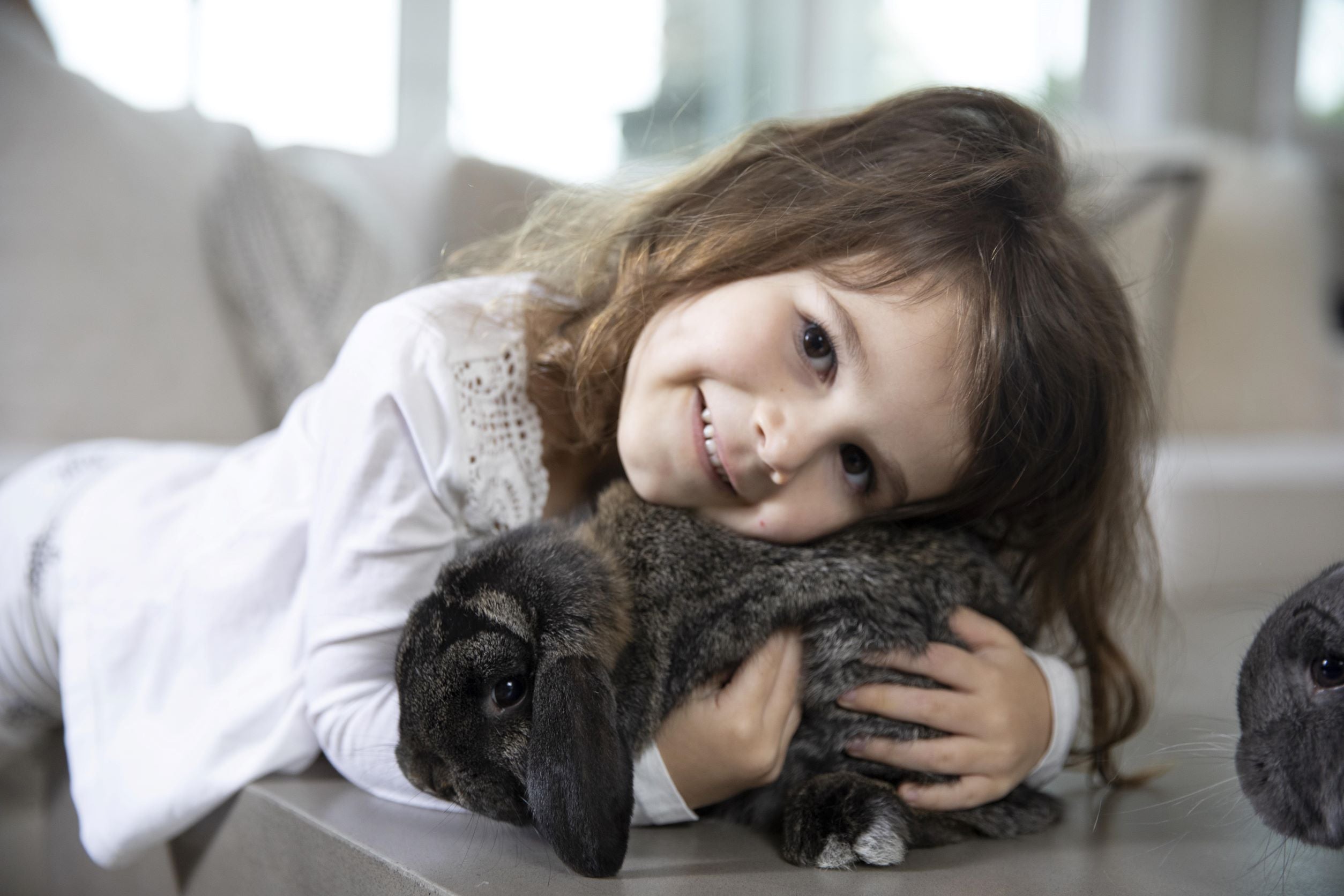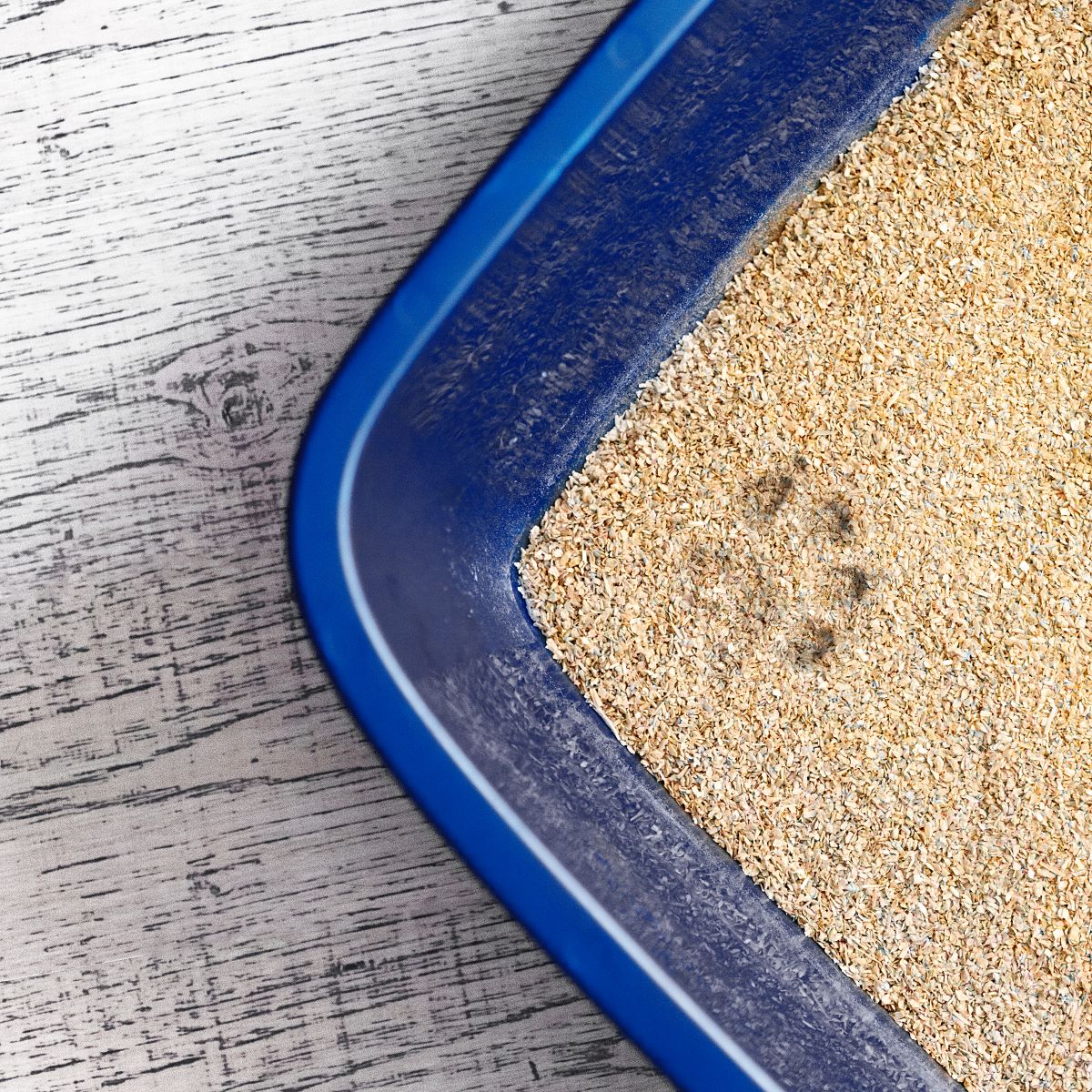
Top Reasons to Adopt a Bunny and What You Need to Know
Now that most covid restrictions are over and many of us are returning back to the office or school, local humane and rescues have seen a big influx of small animals, including rabbits. By adopting a rabbit or two from a rescue, not only are you saving them, but the staff and volunteers there can be a huge help and a continual resource, especially if you are a new rabbit parent.
Rabbits can make great indoor pets and can free roam in your home with the right precautions. They are one of the most popular exotic pets and make adorable companions. But with unique care needs and behaviors, they’re definitely not the same as cats or dogs! They are definitely NOT a low maintenance pet and young children should have adult supervision at all times.

The volunteers and fosters will take the time to acclimate rabbits to living indoors and sometimes even litter box train them. Some rabbits that are surrendered have only spent time outdoors in hutches or other enclosure. Plus, rabbit rescues usually have a partnership with local vets who will spay or neuter them and also give them a complete health check.
Rescue staff and volunteers are very knowledgeable and can help you understand the behavior and needs of your rabbit will be essential to creating a rewarding, long-term relationship. Before leaving you on your own with your new companion, they will make sure you know how to properly care for your bunny.
What you need to know before adopting rabbits
1. Rabbits are a great pet for small quarters like an apartment
They don't take up a lot of space and don't need to go outside, plus they make very little noise, unlike a barking dog or cat that meows all the time. However, they do shed and they need brushing to prevent matting, and their nails trimmed every four to six weeks. The Holland Lop Rabbit has a 14-year lifespan, weighs only four pounds, with irresistible floppy ears, making this dwarf bunny the ultimate pet for city dwellers.

2. Rabbits live a long time = long-term commitment
With proper care and diet and indoor living, rabbits can live 8-12 years or more, longer than most small animal pets. Before you adopt, make sure you are prepared to take care of them for many years as a companion.

3. Rabbits are social creatures
Their habitat or living area should be in a quiet place but not too far from rest of the family. Rabbits are easily bored and need plenty of playtime and exercise with enrichment activities. If you can adopt a bonded pair of rabbits that is optimal so they have a companion at all times.

4. Rabbits need a large space and/or free roam with daily exercise
Even though they’re sold as complete rabbit “starter kits,” most pet store cages are not ideal. They are way too small to properly house a rabbit. You can easily make a large habitat from inexpensive materials. Two designs that cost about the same as an “extra large” pet store cage can be made from either a dog exercise pen or wire storage cubes. Either design provides three times the bunny space.
If you are going to do free roam, it's very important to "bunny proof" your entire home or wherever they have access to. Bunnies LOVE to chew, and that means any exposed cords, cables and wires. Also remove any hazards like poisonous plants or anything else they shouldn't chew on like important books or papers.
Be sure to put out plenty of litter boxes for them in corners if they are free roaming, especially when first starting to litter box train. Put a layer of carefresh bedding or carefresh rabbit litter followed by a fresh layer of hay. Read more on how to litter box train your rabbit.

5. Rabbits Need a High-Fiber Diet to Stay Healthy
Rabbits should have unlimited access to a high-quality grass hay like Timothy or Orchard, at all times. Hay is essential for digestion and also help with their teeth. Fresh dark green leafy vegetables are also good, but only feed fruits and carrots in very small amounts. A great resource is the House Rabbit Society’s article about diet, which discusses the appropriate amounts as well as types of food to give your rabbit from youth to old age.

6. Rabbits need regular Veterinary Care
If your rabbit wasn't examined by the rescue or shelter, make sure to take them to a Vet right away. They should also have annual preventative care to ensure a long and healthy life. Read more about rabbit health from our Vet, Dr Ruth MacPete
Adopt Don't Shop!
If you’ve done all your research and feel sure that you and your family can properly care for a bunny, please adopt a rabbit from a rescue or shelter instead of purchasing one from a breeder or pet store.







 email us
email us